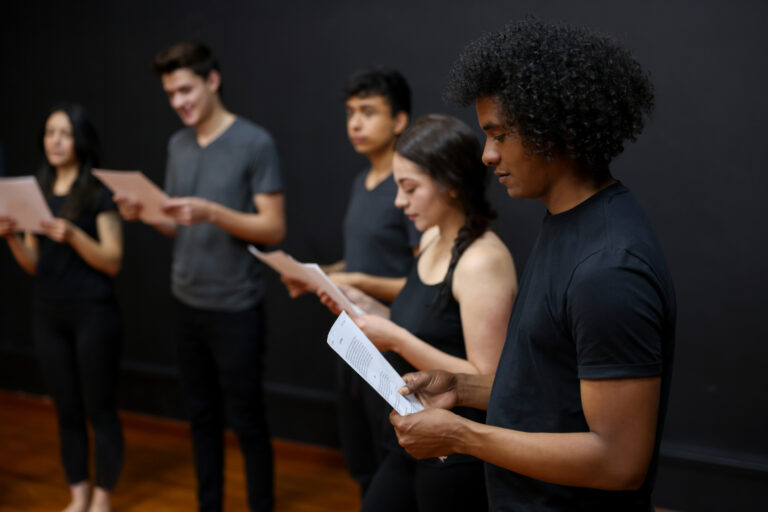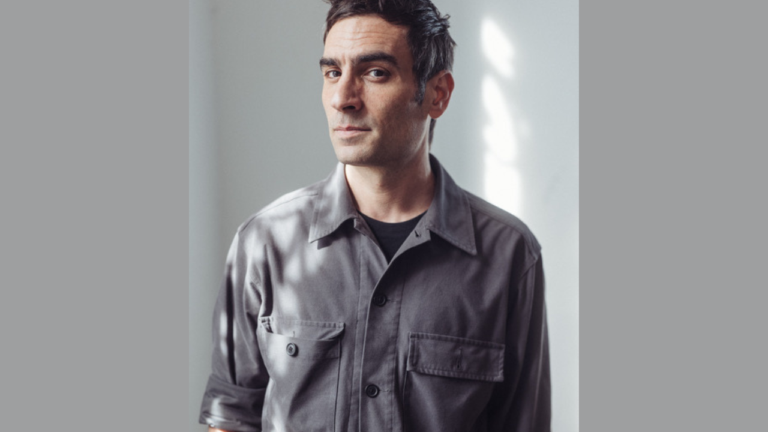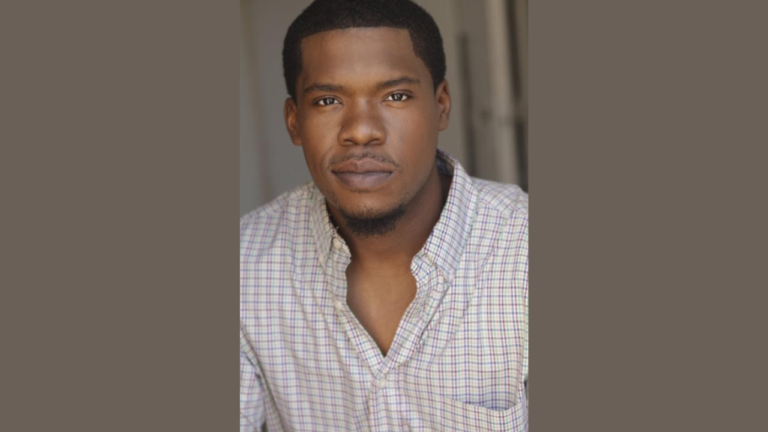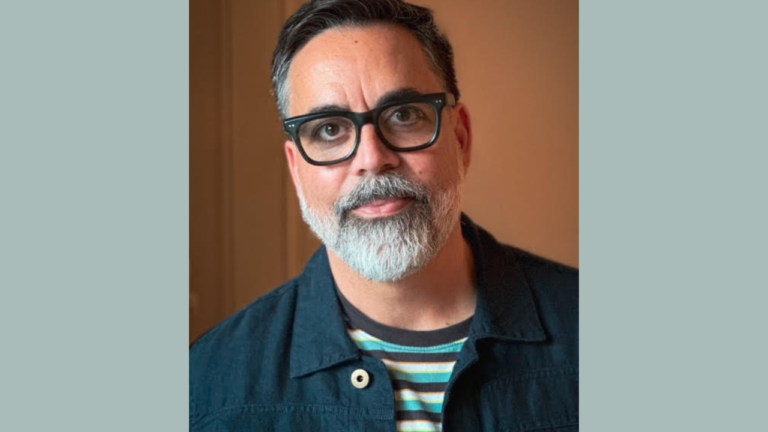May marks Mental Health Awareness Month. It’s a time to recognize the emotional, psychological, and social well-being of people across the globe. However, for actors, the mental toll of pursuing an entertainment career often goes unspoken.
Welcome to Part I of the Casting Networks Mental Health for Actors: A Survival Series. In this three-part deep dive, we’ll explore the emotional challenges actors face, practical strategies for maintaining mental well-being, and insights to help performers thrive both on and off the screen and stage.
Insights: Quick Coping Tips for Actors
- Consider therapy and actor-specific mental health groups to navigate emotional challenges.
- Use meditation, journaling, creative outlets, physical activity, and digital detox to manage stress and emotional well-being.
- Surround yourself with understanding friends, allow yourself rest without guilt, and address emotional triggers from roles with care and support.
7 Coping Tools for Actors During Mental Health Awareness Month
It’s fun to think about red carpets and breakout roles, but underneath the glam, actors face unique challenges such as uncertainty, rejection, instability, constant judgment and emotional exhaustion. Actors are expected to always be “on” and to keep smiling even when facing burnout, which can chip away at their mental wellness over time.
First, let’s talk about pressure and rejection. Later, we’ll get into building a supportive circle, setting boundaries and when the work affects your well-being.
The Pressure to Perform
Did you know there’s a thing called “audition anxiety”? The actors’ world often consists of brutal and personal feedback. During your audition (or self tape), you bare your soul, knowing full well that the odds of booking the role are slim. Multiply that by dozens of auditions a year, and the emotional toll becomes clear.
Then there’s the comparison trap. On social media, you read about all of the gigs actors book and how they’re “making it,” but in reality, you don’t see the 20 “no’s” that came before. These posts make self-worth feel conditional — hinged on popularity, credits and yes, sometimes even beauty. Recognizing this pressure is the first step. The second is realizing you don’t have to buy into it.
Enroll in Thrive today and take the first step towards a healthier, more balanced life.
Rejection and the Roller Coaster of Self-Worth
In what other profession are you told “no” this often and expected to be grateful for the opportunity? Exactly.
Rejection is part of an actor’s life. As you get more and more “no’s” without any “yes’s,” it can be damaging. You start to experience imposter syndrome, equating your work with your worth. At times you might even say things like, “I didn’t book this spot, I must not be good enough.” Or, “I didn’t get called back, maybe I don’t belong.”
Here’s the truth: Rejection is barely about you. It’s about casting puzzles, budget shifts, someone else being one inch taller or just plain luck (if you believe in luck).
Actors must be resilient. Remind yourself that each casting director doesn’t define your future. Take inspiration from actors who faced repeated rejection before landing breakout roles. Did you know that Viola Davis didn’t get cast for years? Rejection doesn’t mean the end — it’s part of the climb.
7 Coping Tools That Work
- Therapy: Whether it’s traditional talk therapy, cognitive behavioral therapy (CBT) or holistic therapy, having a professional area to process your fears and frustrations can alter your life.
- Support Groups: Actor-specific mental health groups and/or meetups create a safe space to share struggles and feel less alone. SAG-AFTRA works with the Entertainment Community Fund to offer mental health services to its members. There are also national support groups such as Gendertainers: From Safety to Celebration, Guided Autobiography for Seniors, Mind Body Spirit: A Group for Black Women in Entertainment and Sober Curious. For musicians and musical theater actors, check out Backline, which provides case management and connections to mental health professionals.
- Meditation & Mindfulness: You don’t need to sit on a mountaintop or hike through the woods. Even a few minutes of focused breathing before an audition can help. Apps like Insight Timer or Headspace are great starting points.
- Journaling: Writing out your emotions, triggers and wins can be cathartic. Bonus: you can track patterns and progress over time. Grab this Dream Journal to jot down your inner thoughts and feelings. There’s even a Meltdown Management & Positivity Journal for Teenage Girls and a Happy Notebook for the youth actors.
- Creative Outlets: Acting is one outlet, but it doesn’t have to be the only one. Paint, sing, garden, knit, crochet (if you start knitting and crocheting now, you can make and sell beanies for the winter).
- Movement: Whether it’s dance, yoga or a jog around the block, physical activity releases tension. Yoga for Mental Health is a highly rated book for beginners to expert level.
- Digital Detox: Social media can trigger comparison and self-doubt, as we established above. Curate your feed. Unfollow accounts that make you feel “less than.” Take breaks. Real life is happening offline. Experience it. Maybe, read a book.
Building a Supportive Circle
Your non-actor friends may not understand the grind. Your family may push you to get a “real job.” This type of thinking could make an actor feel isolated. Therefore, surrounding yourself with supportive friends — those who “get it” — will keep your spirits high. It’s uplifting to get a text saying, “You crushed it,” even if you didn’t book. Don’t be afraid to contact your support community when you’re struggling. You’re not a burden. Chances are, someone else is going through something similar and would welcome the connection.
Setting Boundaries in a Boundless Industry
The hustle is real. In a space where you must be on high alert to hopefully get your big break, it’s hard to be available for auditions at a moment’s notice. Yet, you do it. That’s a fast track to burnout. Don’t feel guilty for resting. You are not a machine. Rest is productive.
When the Work Affects Your Well-being
Actors are emotional athletes. Like any athlete, you need to cool down. Some roles are light and fun. Others require you to dig into trauma and pain. For some people, a character can trigger something deeper. If you find it hard to shake the emotions from a role, that’s not a weakness — that’s a signal to take care of yourself. Reach out. Step back. Breathe. Relax, even if just for a few hours.
This Mental Health Awareness Month, let’s ditch the stigma. Let’s talk about the hard stuff and ask for help. Let’s celebrate small wins and losses and take breaks without guilt. Let’s support each other. The most important role you’ll ever play is yourself.
As an actor, there are unique challenges you may face when submitting for roles and looking for the next booking. When navigating your emotions, particularly negative or self-doubting ones, it can help to speak to a professional. That’s why we offer our Thrive program as part of our Premium membership to provide flexible, affordable access to therapy, mental health resources and other healthcare benefits to support actors in maintaining their well-being. Investing in your mental health is not just about preventing burnout; it’s about thriving in both your career and personal life.
You may also like:













